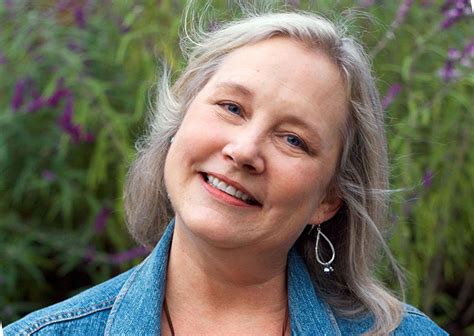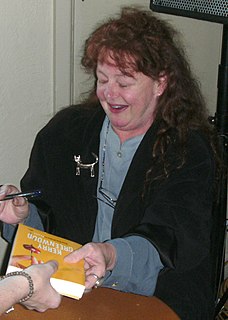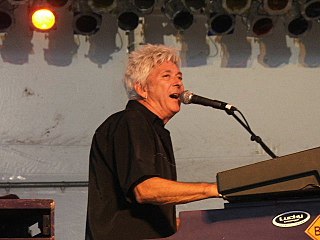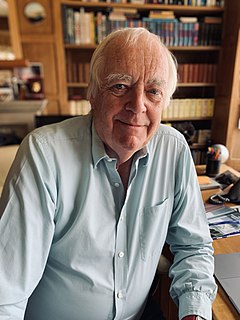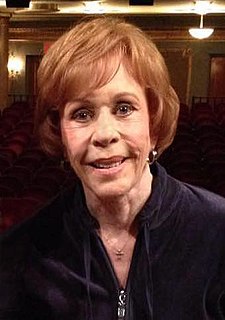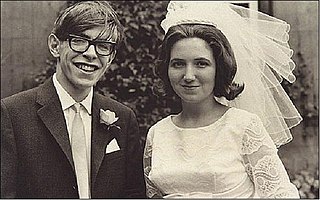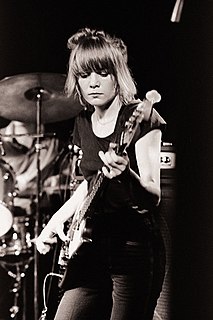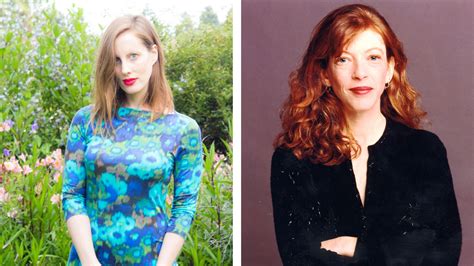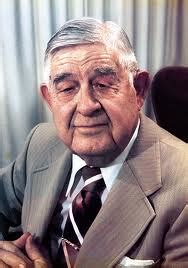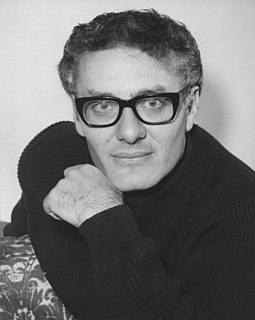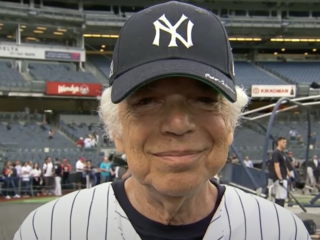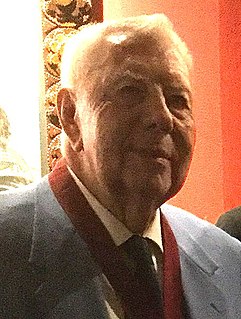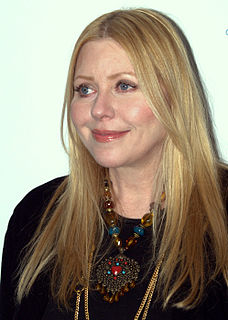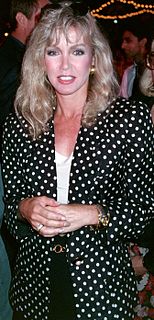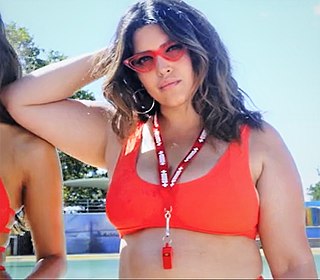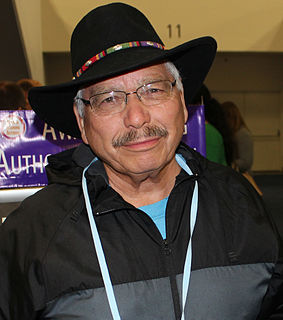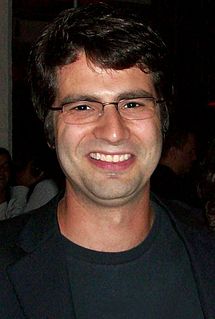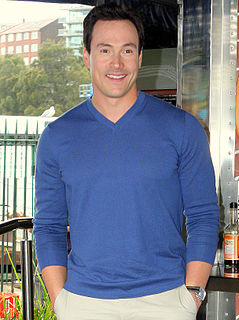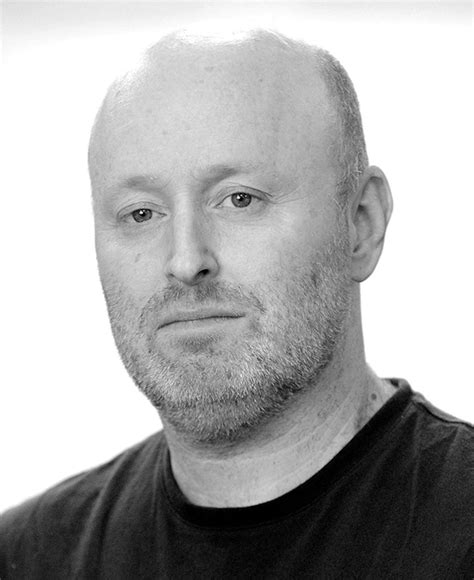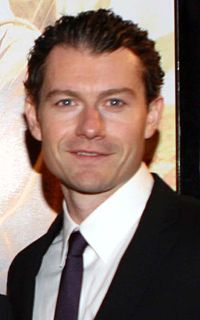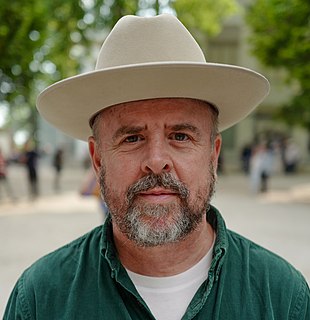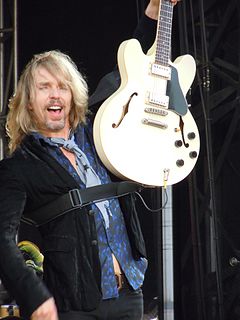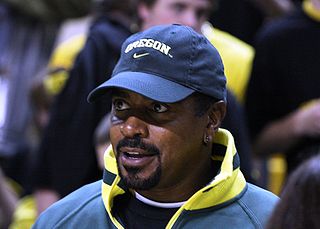Top 1200 Were Quotes & Sayings - Page 4
Explore popular Were quotes.
Last updated on November 24, 2024.
Growing up, there were TV shows that were very funny but very traditional. Classic things like 'Fawlty Towers,' obviously, and 'Blackadder' were pretty traditionally shot. And then there were the ones that start to break the mold or be really ambitious. The ones that spring particularly to mind would be 'The Young Ones.'
All those people who went out [to Occupy Wall Street] missed work, didn't get paid. Those were individuals who were already feeling the effects of inequality, so they didn't have a lot to lose. And then the individuals who were louder, more disruptive and, in many ways, more effective at drawing attention to their concerns were immediately castigated by authorities. They were cordoned off, pepper-sprayed, thrown in jail.
Look at the great tradition of Western political philosophy. Those people were all immersed in revolutionary movements. Most weren't career academics - often, they were too radical to be accepted in the academy. Rousseau's books were banned. Jeremy Bentham and John Stuart Mill couldn't hold academic positions because they were atheists.
In 2003 I was saying, where are the ties [between Iraq] and al-Qaida? Where are the ties to 9/11? I knew it; where the f**k were these Democrats who said, 'We were misled'? That's the kind of thing that drives me crazy: 'We were misled.' F**k you, you weren't misled. You were afraid of being called unpatriotic.
There was so much on 'Superstar' that we didn't intend. I mean, there were things that we did which were innovative, but some of them were forced on us because we couldn't get anybody to do the show. 'Evita' was much more sophisticated. That doesn't make it better, but it does make it different. We knew what we were doing.
I'm sure you're gonna be taught, if you haven't already, that the people that were here, the Native Americans were beautiful, they were wonderful, they were at one with nature, and these evil white Europeans like Columbus came in and killed them and took them, imprisoned them, stole what was theirs, took it for ourselves.
The Huygens images were everything our images from orbit were not. Instead of hazy, sinuous features that we could only guess were streams and drainage channels, here was incontrovertible evidence that at some point in Titan's history - and perhaps even now - there were flowing liquid hydrocarbons on the surface.
When Basquiat was hanging out with Madonna and Fab Five Freddy, and all those worlds were colliding, people have to realize hip-hop and the arts were like this 'cause we both were outcasts: we wasn't allowed inside the galleries or inside Yankee Stadium. We were writing in the street and making music.
When Superman was originally created, by Siegel and Shuster, they were two Jewish immigrants that were desperately trying to assimilate into America. They were having a hard time because they were Jewish. They wanted to get in to mainstream publishing but they couldn't. That's why they, and a lot of Jewish guys, went into comic books.
The men who committed the atrocities of September 11 were certainly not "cowards," as they were repeatedly described in the Western media, nor were they lunatics in any ordinary sense. They were men of faith—perfect faith, as it turns out—and this, it must finally be acknowledged, is a terrible thing to be.
The bottom feeders of the entertainment industry were never invited to presidential inaugurations. The bottom feeders of the entertainment were never used as fundraisers for presidents of the United States. They were ignored. There was always a line. They were always there, and they were always who they were, and they always did what they did. The bottom feeders have now become the standard. That's what's different.
I think during the Cold War in America at least, there was a division; there was the Soviet government and there were the oppressed people, who were not represented by this government. That was a massive oversimplification of what the true situation was there. There were certainly many people who were completely and fully alienated from the government.
I was a lonely child. My brother Tony and I were never very close, neither as children nor as adults, but I was tightly bound to him. We were forced to be together because we were really quite alone. We were in the middle of the Irish countryside, in County Galway, in the West of Ireland, and we didn't see many other kids.





